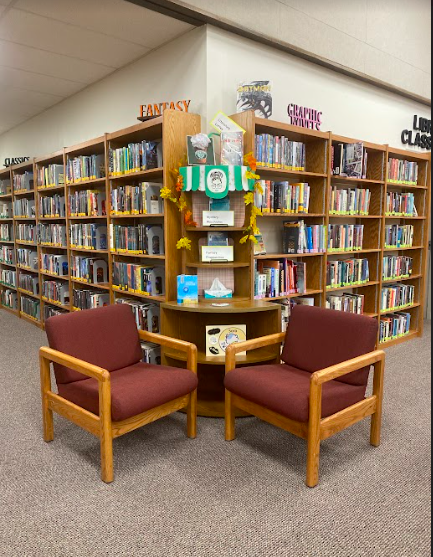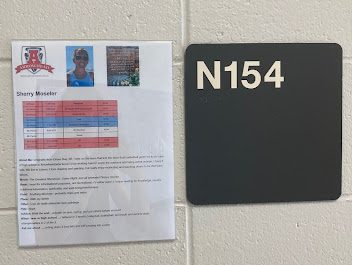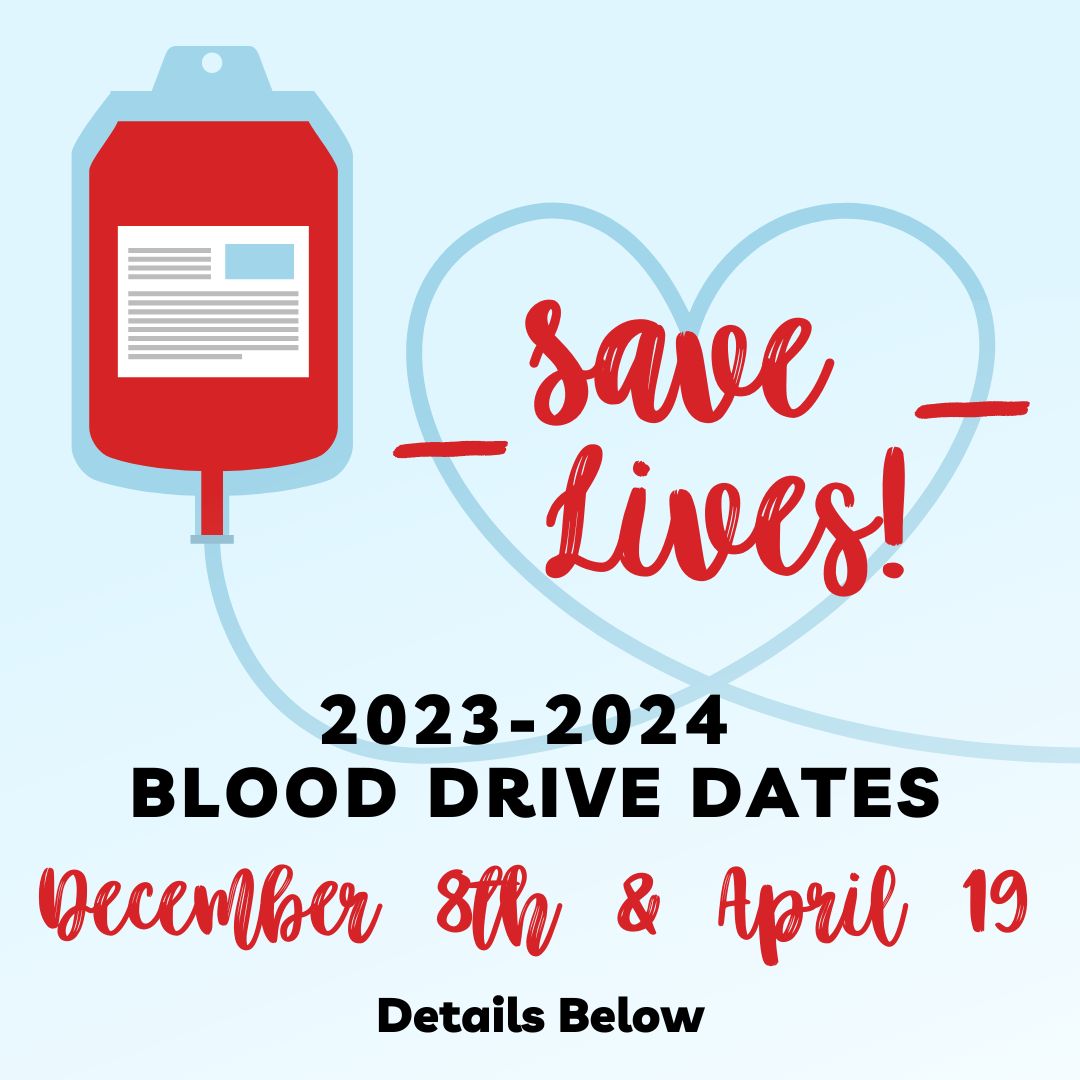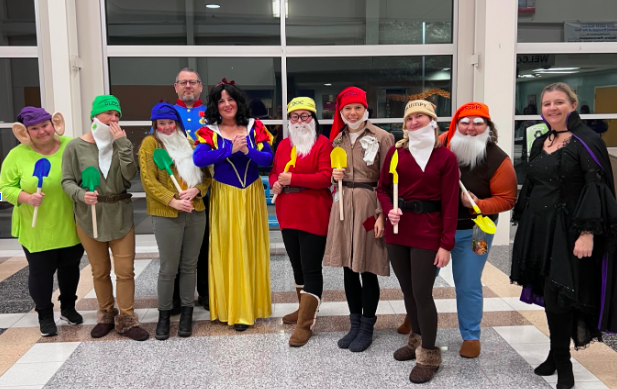
Arrowhead teachers will be focusing on improving students ACT and Pre ACT reading scores by 2026. Teachers were encouraged by a Google presentation shared by Sue Casetta, Arrowhead’s Director of Learning, to incorporate meaningful reading activities directed towards determining key ideas and details in class throughout the school year.
According to the presentation, “58% of students (class of 2024) are not proficient in determining key ideas and details in college level texts according to ACT.”
Some students felt under prepared for the reading portion of the 2023 ACT.
Senior Ray Wieland says, “Personally I think that Arrowhead needs to do more to prepare students who may not have the time or money to hire a private tutor for the ACT; the reading portion is one of the most important and I didn’t get a single practice session before taking the ACT.”
Casetta’s presentation showed that other graduating classes have similar statistics from Pre ACT testing. These numbers pushed Casetta to encourage the Arrowhead staff to focus on teaching reading skills more explicitly.
Casetta, says, “For some teachers and classes, teachers may be designing more class time around how to access course content through reading. Teachers may be modeling different reading strategies to help students work through difficulties they have with reading different types of texts.”
Some reading strategies suggested include more time in class dedicated to reading and developing comprehension skills, as well as exposure to more challenging texts and complex vocabulary.
Students from every grade, including seniors, will be exposed to a more rigorous reading curriculum in classes. Teachers across all subjects will have an emphasis on reading as it logically coincides with the course content.
“I think that a lot of students, myself included, would do a lot better on the reading portion if they had practice beforehand,” says Wieland.
Casetta says her hope for this endeavor is not only to improve ACT test scores, but also to improve student’s communication skills that they can use in future schooling or jobs.
“Reading skills are essential to so much of what our students will be doing both in high school and beyond. Confident readers become clear writers and communicators… When students build stronger reading comprehension skills—so many doors/avenues/windows are open to them. This focus is about our students being able to reach their full potential. When students read for learning there is not much they cannot accomplish,” says Casetta.





